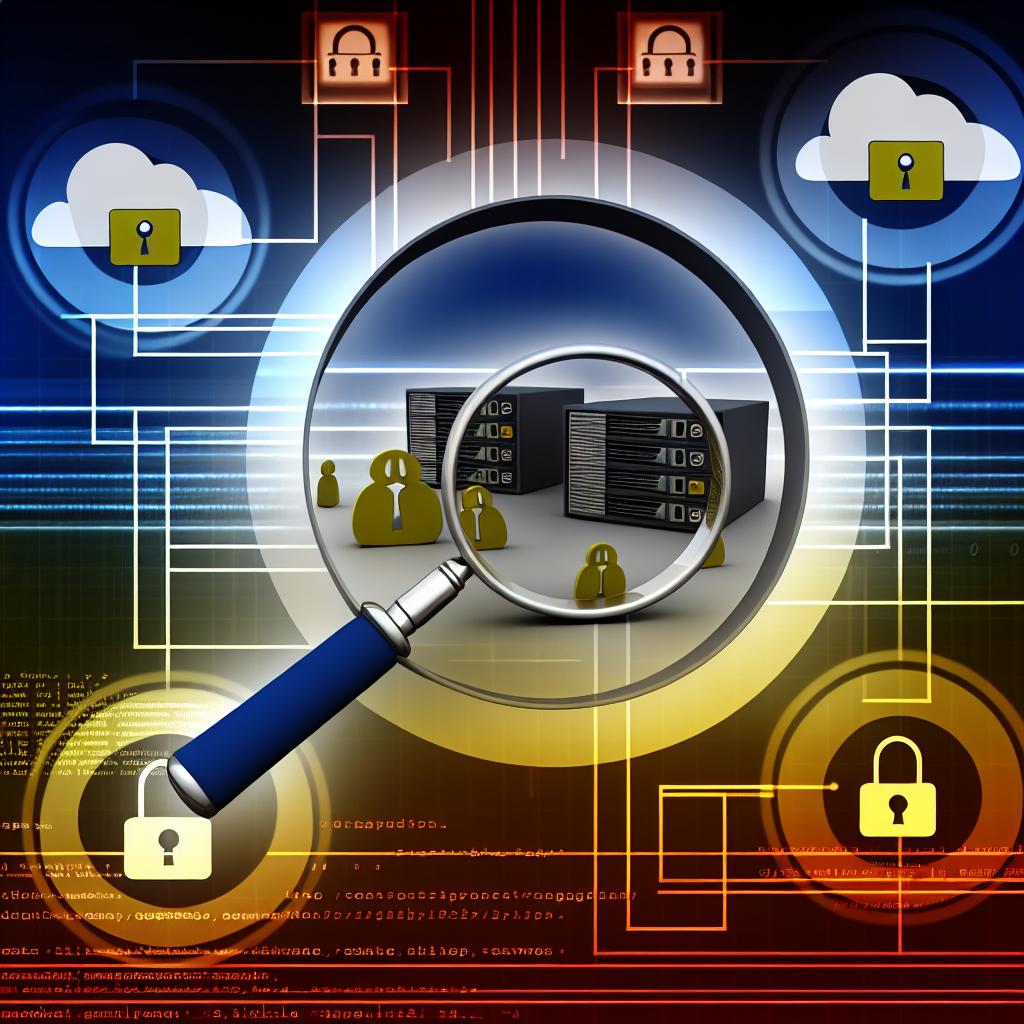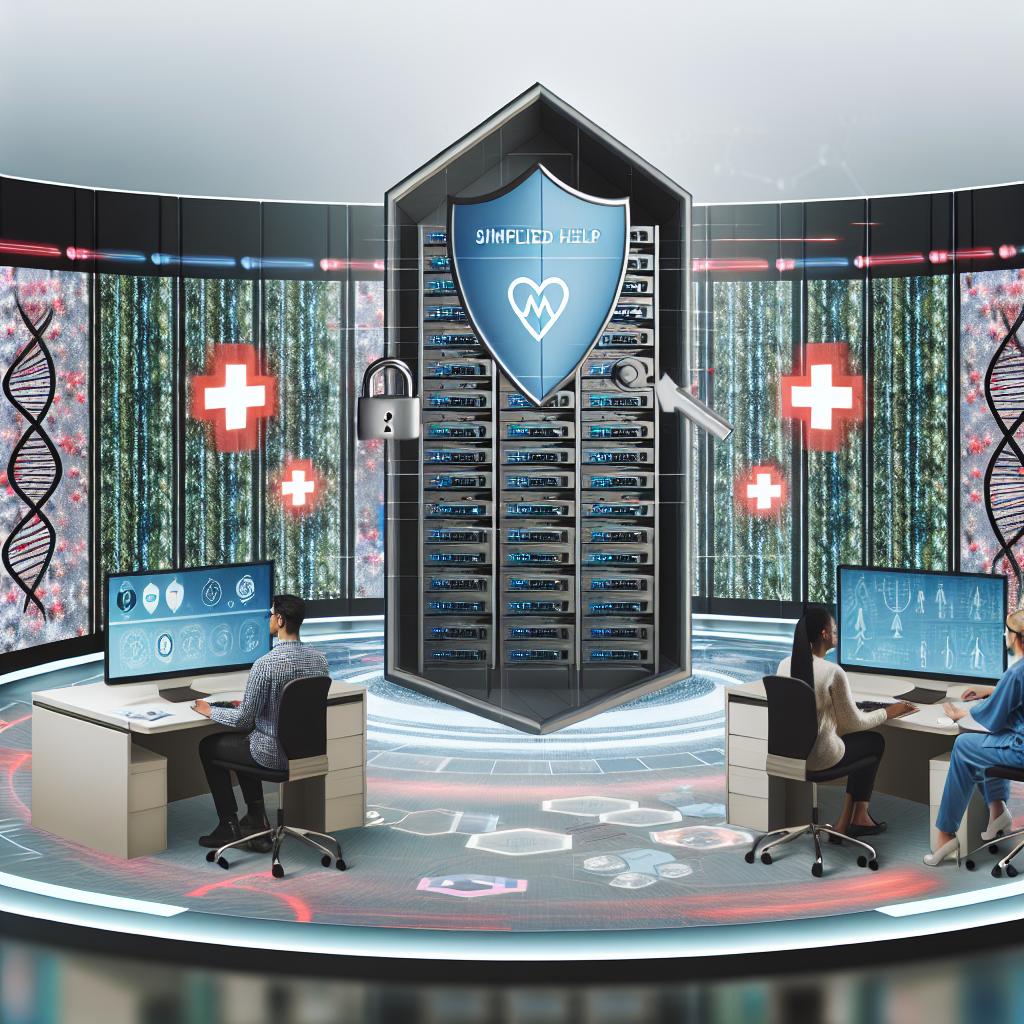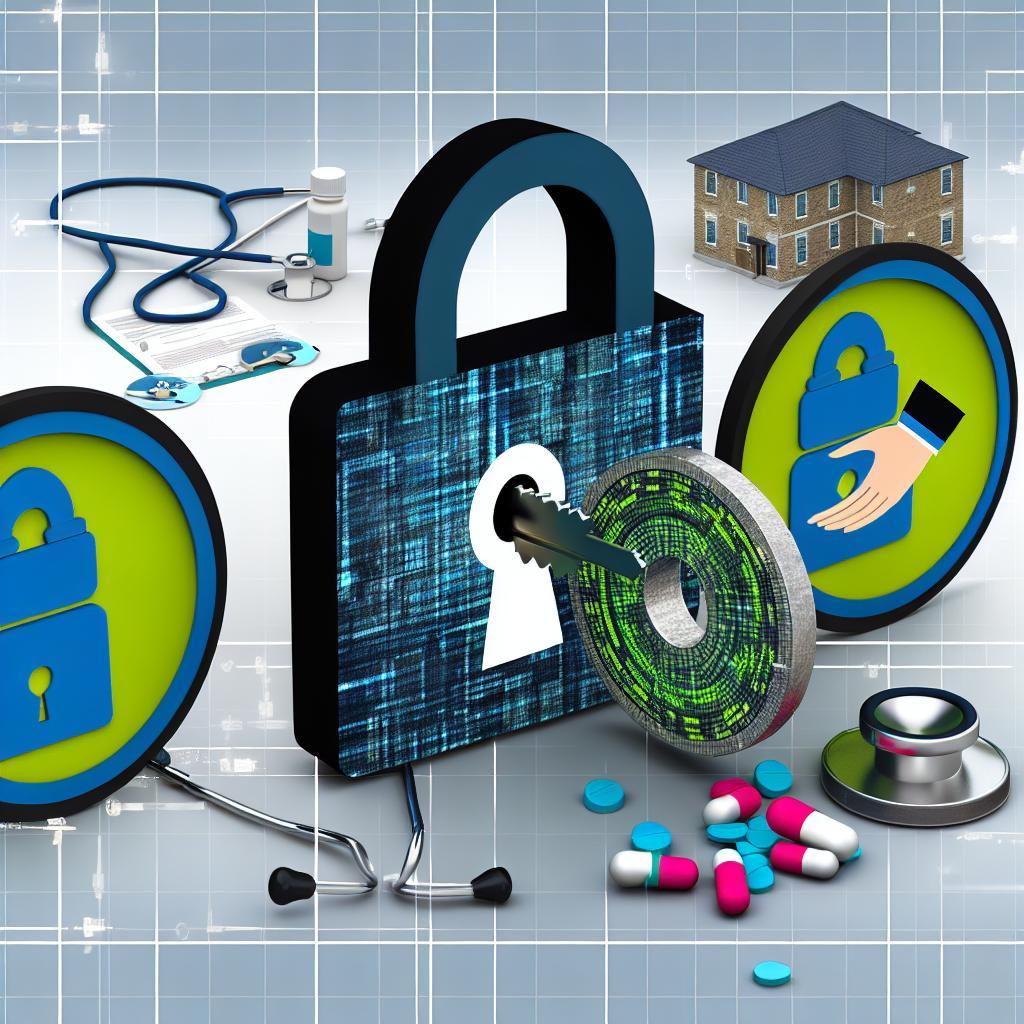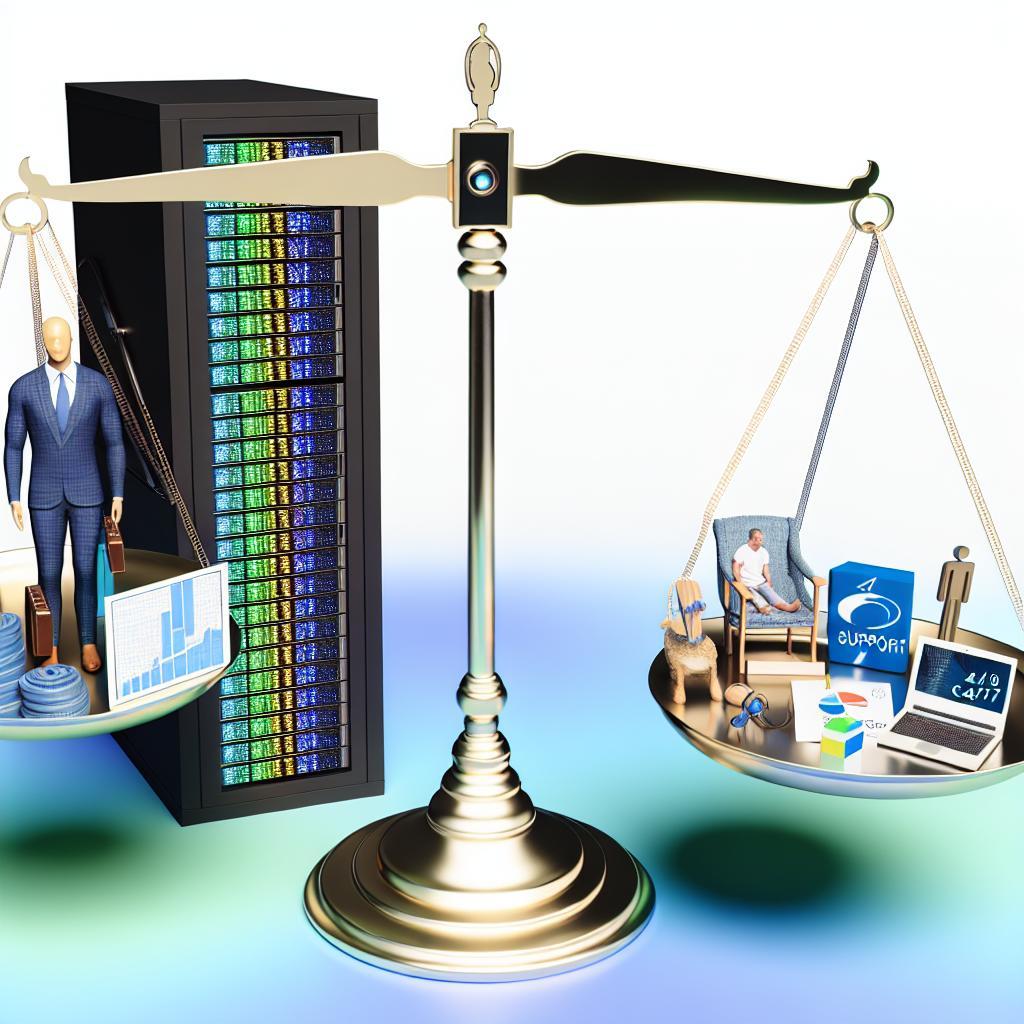As the world becomes increasingly reliant on technology in every aspect of life, the importance of cybersecurity has never been more evident. recent reports have surfaced suggesting that SimpleHelp RMM, a popular remote monitoring and management tool, may have vulnerabilities that were exploited by malicious actors to breach healthcare organizations. This concerning development highlights the critical need for robust cybersecurity measures in the healthcare industry, where sensitive patient data is constantly at risk of being compromised. Let’s delve into the details of this potential breach and explore the possible implications for healthcare organizations.
Identifying Potential Security Risks in SimpleHelp RMM software
SimpleHelp RMM software is a versatile tool used by many organizations, including healthcare institutions, to manage and monitor their IT systems. However, recent reports suggest that potential security risks in the software may have been exploited to breach healthcare organizations.It is indeed crucial for IT teams to stay vigilant and take proactive measures to identify and address thes vulnerabilities before they can be exploited. Some common security risks that might potentially be present in SimpleHelp RMM software include:
- Unencrypted communication: Data transmitted between the software and servers may be vulnerable to interception.
- Weak Authentication: Hackers can exploit weak passwords or authentication methods to gain unauthorized access.
- Outdated Software: Failure to install updates and patches can leave the software vulnerable to known security flaws.

Enhancing security Measures for Healthcare Organizations Using SimpleHelp RMM solution
Several healthcare organizations have reported security breaches that may have been caused by vulnerabilities in the SimpleHelp RMM solution. These breaches have highlighted the importance of enhancing security measures within healthcare organizations to protect sensitive patient data. By utilizing the features of SimpleHelp RMM, healthcare organizations can strengthen their cybersecurity and prevent potential breaches. Some key ways to enhance security measures include:
- Implementing regular software updates and patches to address known vulnerabilities.
- Enforcing strong password policies to prevent unauthorized access.
- Monitoring network traffic and activity to detect any suspicious behaviour.
To Conclude
it is crucial for healthcare organizations to continuously assess and strengthen their cybersecurity measures to protect sensitive data and prevent potential breaches. The vulnerabilities in SimpleHelp RMM serve as a stark reminder of the importance of robust security protocols in the digital age. By staying vigilant and proactive, organizations can better safeguard their systems and safeguard the trust of patients and stakeholders. Remember,when it comes to cybersecurity,it’s always better to be safe than sorry.







